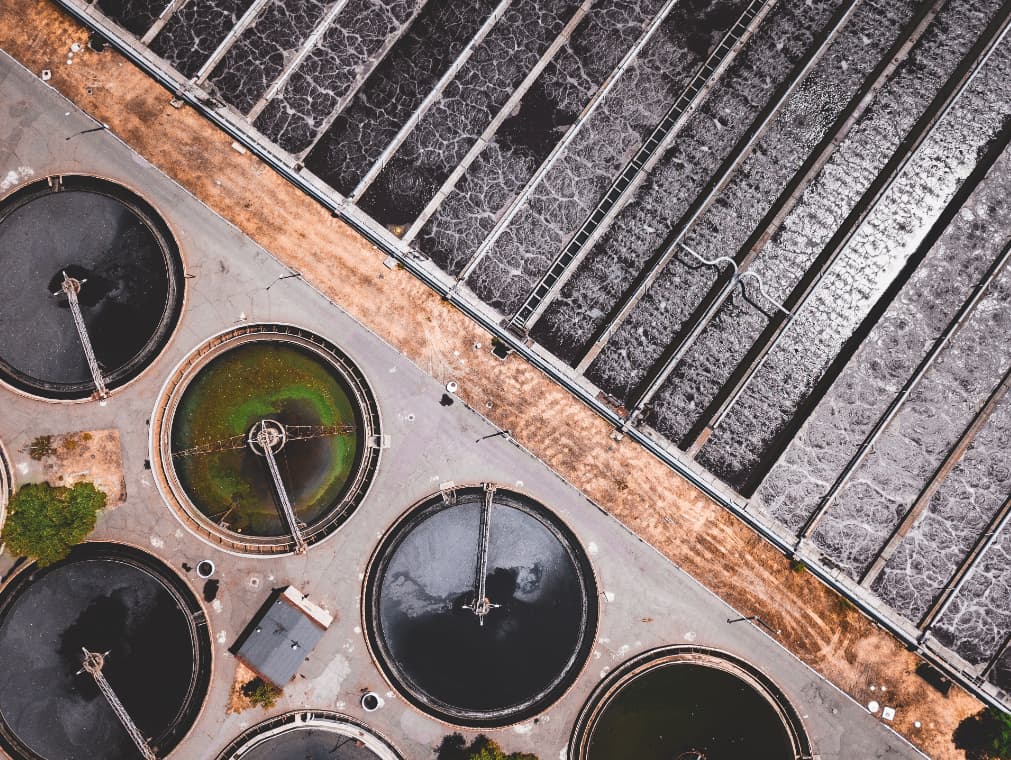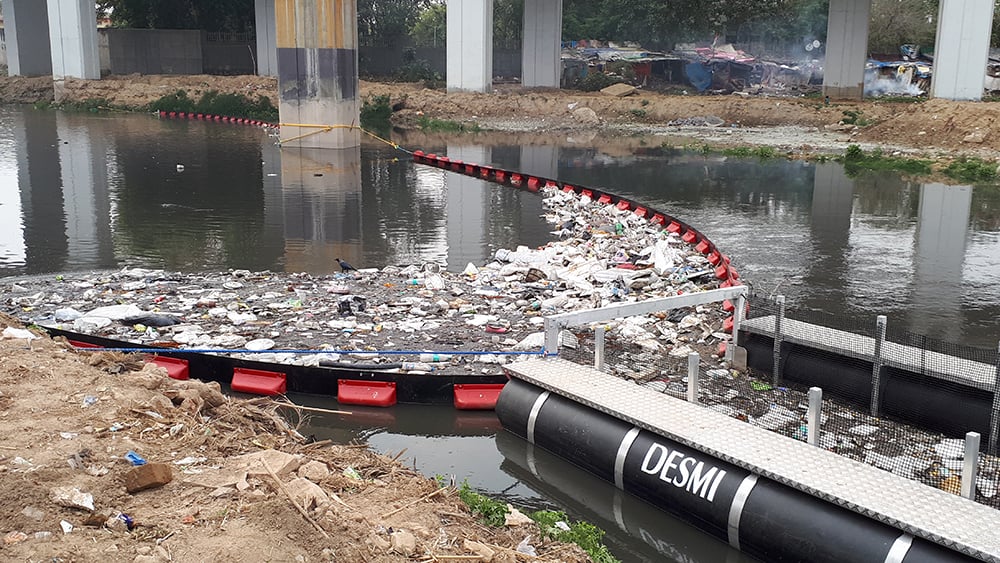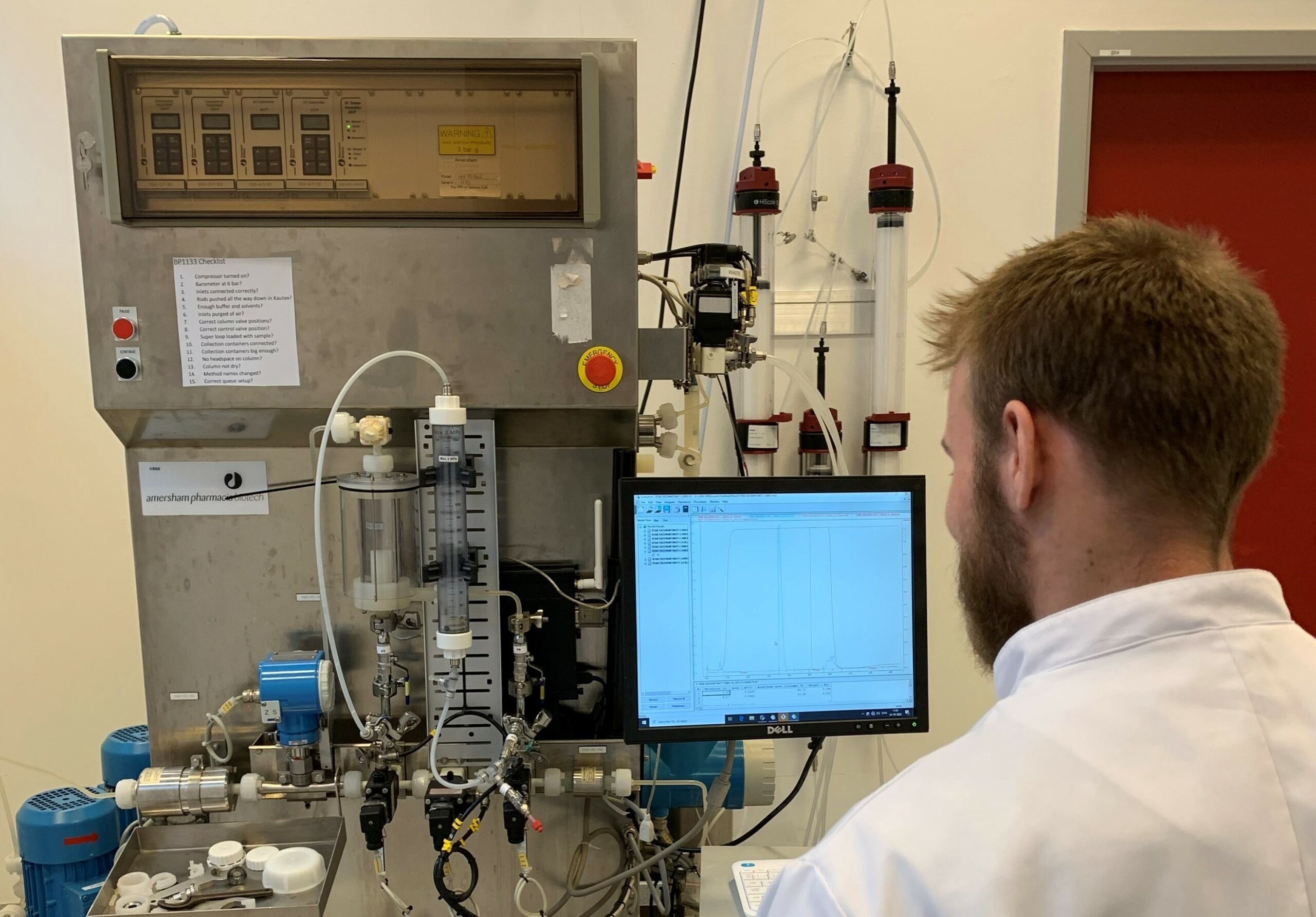News
Water management
The Danish water sector expects to be climate positive by 2030


New data from the Danish water suppliers and wastewater utilities shows that when initiatives to improve energy efficiency, energy production, effective wastewater treatment and the establishment of new forested areas to protect the groundwater are added up, the Danish sector expects to offset more greenhouse gasses than it emits by 2025. With the encouraging progress, the Danish water sector is ahead of the initial target under Denmark’s climate action plan for a greener waste sector and circular economy to reach climate neutrality by 2030.
The new reporting also show that Danish water agencies have come far in relation to balancing its energy consumption. The wastewater sector is particularly showing progress with the expectancy to become energy neutral by 2030. Across the sector, new business collaborations and enhanced public-private partnerships seeks to drive new, enhanced initiatives for the entire water ecosystem to reach the collective 2030 target.
Related news: Danish masterplan for climate-neutral water sector could lead to huge global CO2 reductions
International collaboration is key to unleash the potential of wastewater
Due to increasing water scarcity and population growth, the importance of treating and understanding the value of wastewater has never been greater. Globally, less than half of all wastewater is collected and even less than 20 per cent of it is treated before it is released back into nature. This represents a great potential for wastewater optimisation. While the global need for improvement is immense, the Danish water sector takes the green pole position.
In Denmark, 95 per cent of all wastewater is treated – and often to a higher standard than the legal requirements. By adding up the combined effects of Denmark’s high-standard wastewater treatment, the country’s sector may already become climate positive in less than four years. Through that lens, Danish water agencies and industry partners seek to motivate its global peers in driving a broad-scale transition of the water sector to lower its footprint and reduce emissions of greenhouse gasses.
On road to a greener, more sustainable water sector, Denmark’s 13 climate partnerships have delivered a line of recommendations to push the transition. The climate partnership represents all branches of Danish business, and Lars Schrøder, Director of Aarhus Vand A/S and Deputy chair of the climate partnership within waste, water and circular economy, is excited about the latest progress:
“A united energy and climate neutral water sector in Denmark is a remarkable goal, which everyone involved is working diligently to achieve. While we continuously need to speed up the innovation and development of even more effective measures improves our water technologies, the reporting once again underlines Denmark’s world leading position.”
Related news: 13 climate partnerships will support the Danish government in reaching the green targets
In response to the recent progress, the Danish Energy Agency expressed their excitement and emphasized the great importance of having a strong collaboration between the water sector, the industry partners and the authorities:
“The tremendous teamwork between the different partners on such an important topic is already being echoed internationally. When we present the water sectors headway and the defining role of the Danish Model in our progress, we receive a great amount of interest. The current pace and progress is truly a positive contribution to the environment, the climate and to the general collaboration outside of our own borders,” says Head of the Water Supply Division, Henrik Hagen Olesen
Read our new white papers on how to reduce urban water losses and unlock to potential of wastewater.
Photo by Ivan Bandura on Unsplash















